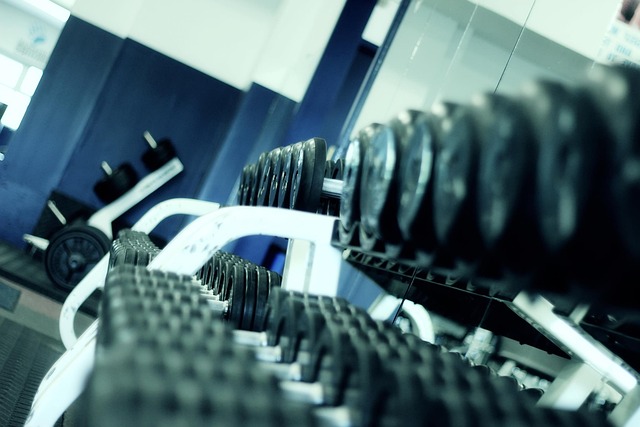As adolescent athletes push their bodies to new limits in pursuit of excellence, the balance between nutrition, health, and lifestyle becomes pivotal. These young competitors, often juggling studies, social lives, and sports commitments, must understand that their bodies are like finely tuned machines. The better the fuel, the better the performance—and this is where nutrition plays an essential role.
Proper nutrition is not just about meeting caloric needs; it’s about providing the right quality of food that supports growth, enhances energy levels, and promotes recovery. Adolescent athletes require a well-rounded diet rich in carbohydrates for energy, proteins for muscle repair, and healthy fats for overall wellness. The right balance helps them not only to perform better in their respective sports but also to maintain their health amidst the rigorous training schedules.
A well-nourished athlete is likely to experience fewer injuries. With the rapid growth and development during adolescence, nutritional deficiencies can lead to complications, including stunted growth and weakened immune systems. This is a critical consideration for coaches and parents who aspire to see their young athletes thrive both in their sports and in academics.
Moreover, nutrition impacts an adolescent’s lifestyle beyond the field or court. A healthy diet promotes better focus, improved mood, and enhanced cognitive function. With a balanced meal plan, adolescents often find themselves more energetic, alert, and equipped to handle the diverse challenges of teenage life. Whether it’s preparing for a big game or tackling schoolwork, the benefits of proper nutrition create a ripple effect that extends into every facet of their lives.
Hydration, an often-overlooked aspect of nutrition, also plays a significant role in an athlete’s performance and overall health. Staying well-hydrated helps to regulate body temperature, lubricate joints, and transport nutrients. Inadequate hydration can lead to fatigue, decreased performance, and increased risk of heat-related illnesses. Therefore, it’s crucial for adolescent athletes to carry water bottles with them, making hydration an effortless part of their daily routine.
Adolescence is a unique time of transformation, marked not only by physical changes but also by developing independence and making choices that shape future habits. Educating young athletes about nutrition fosters a lifelong understanding of healthy eating practices. Schools and sports programs can play a vital role by providing nutritional guidance and promoting healthier food options, both on and off the field.
Incorporating a variety of colorful fruits and vegetables, whole grains, and lean proteins into their meals can energize and empower adolescent athletes. Encouraging them to cook and prepare meals can also instill a sense of responsibility and ownership over what they consume, allowing them to make healthier choices as they transition to adulthood.
In summary, nutrition is the cornerstone of health and lifestyle for adolescent athletes. By prioritizing a balanced diet and proper hydration, these young competitors can fuel their ambitions, reduce injury risk, and cultivate habits that will last a lifetime. The impact of their nutritional choices will resonate through their performance in athletics and their overall approach to health and well-being, setting the stage for a bright future ahead.




